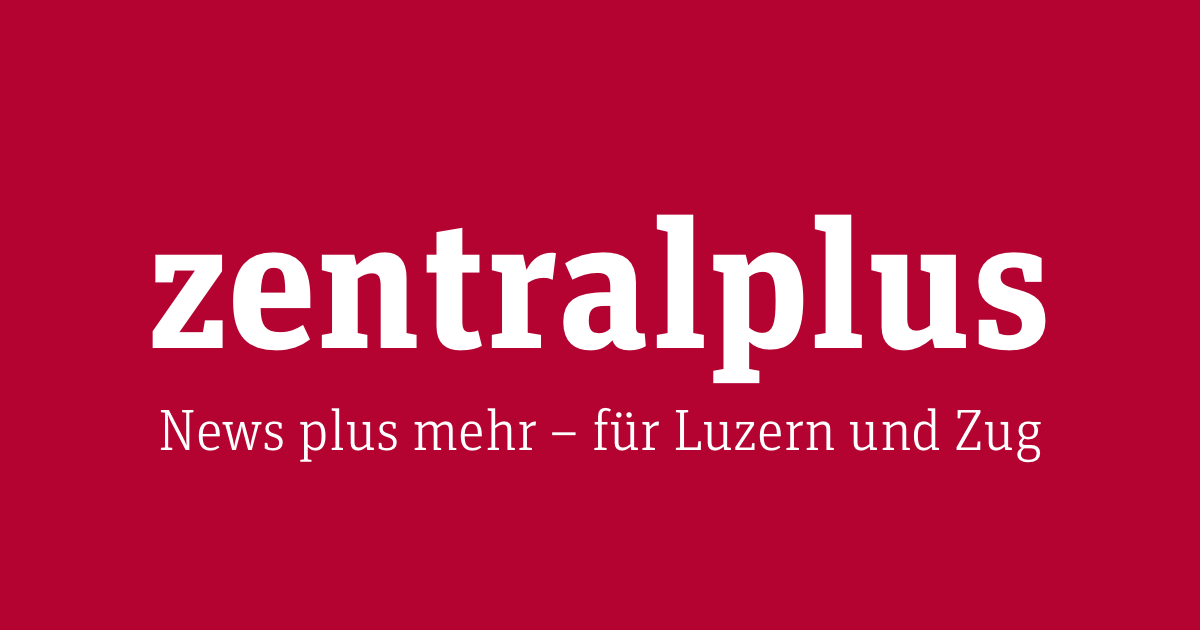Mediator Johan Remkes hopes to meet with various farmers’ organizations this week, but things are not going well yet. Action group Agractie sent a document with conditions for a meeting to Remkes today. And board member Jeroen van Maanen of the Dutch Dairy Farmers’ Union (NMV) does not yet want to promise that the NMV will be at the talks on Friday.
–
“I’m still in doubt”, Van Maanen tells news hour. “We will first discuss this internally and with other organizations. Maybe we all go, that is preferred by some. What we notice from the supporters is that they are very critical.”
–
It’s as if we’re being done a favor, but we’re not.
–
On Friday, Remkes will start confidential conversations, to which he invited many different organizations. Last week, farmers’ interest organization LTO promised, but only after a phone call from Prime Minister Rutte in which he promised that there are “no taboos”. Agration sent Today a document with conditions to Remkes. Whether the group joins depends on the response to that document. The more radical Farmers Defense Force is not yet on Remkes’ invitation entered.
–
–
“We have at the protest in Strouse said: we are turning our backs on The Hague,” says Van Maanen. “But of course we know that there will come a moment when you start a conversation. The question is: when is that? That statement in Stroe was not a bluff, but if we want to talk a lot of demands have to be met.”
–
End goal standing?
Up to now, the government has emphasized that the ultimate goal remains the same in these discussions: emitting 50 percent less nitrogen by 2030. In three-quarters of the areas, the nitrogen threshold may no longer be exceeded. Around some nature reserves, emissions must be reduced by up to 95 percent. But Rutte also said: there are no taboos.
–
And so the year 2030 may not be completely set in stone, experts say. “Viewed from nature, preferably as soon as possible,” says Jan Willem Erisman, nitrogen expert at Leiden University. “But if something is achievable, it’s nicer than you say now I’m doing everything I can to stick to the goals and that you don’t make it.”
–
We will make an informed decision before Friday.
–
“We don’t just want to discuss the taboos, but that the cabinet says that all chapters can be reconsidered,” says Van Maanen. “The goals, the timetable, they are not realistic, we have to talk about that. 2.5 years ago we already sat around the table with Rutte, isn’t it sad that we now have to have a kind of introductory meeting again? impression of these promises. It is as if we are being done a favor, but we are not.”
–
Black and white
One of the things that Van Maanen and some of the farmers’ organizations would also like to see is that the Critical Deposition Value (KDW) will disappear from the law. That is the maximum determined amount of nitrogen that nature can handle. If the amount exceeds this, it cannot be ruled out that nature will be affected.
–
“I think it is used very black and white in the law,” says nitrogen expert Erisman. “There is an effect above that, but not below. But it doesn’t work that way in practice. The critical deposition values can vary depending on what maintenance you do, the groundwater level and climate change. Use them as a guideline, but you don’t have to. I don’t think it should be so black and white in a law.”
–
“We have been constructively at the table for years,” says Van Maanen. “We have not been listened to, we are incensed about that. We will decide it together on Wednesday, and then we have made a well-considered decision for Friday.”
—


